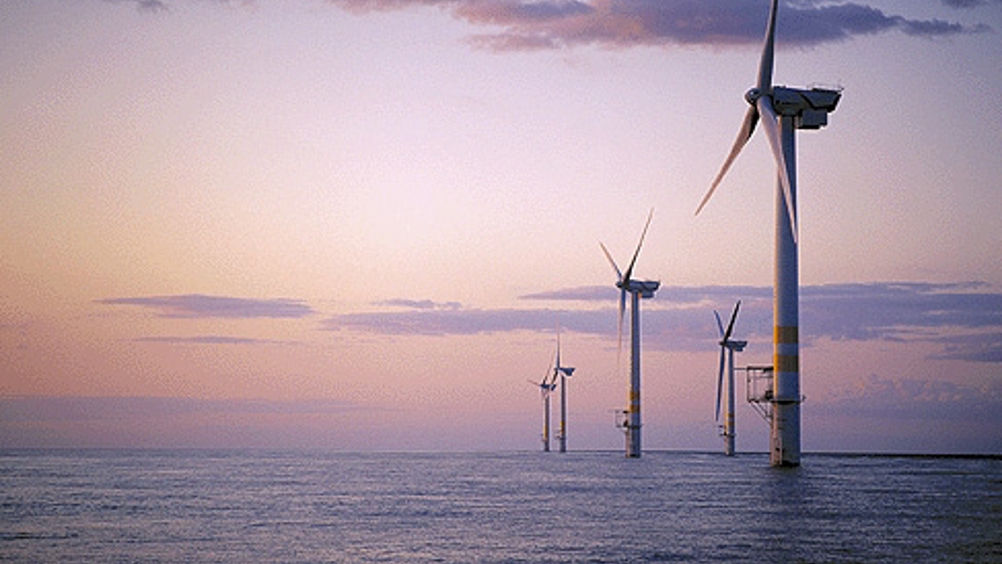IEA report shows huge offshore wind potential
A new report from the International Energy Agency (IEA) says offshore wind could generate more than 18 times today’s global electricity demand.


Offshore Wind Outlook 2019 highlights the vast untapped wind resources around the world and claims to be the most comprehensive study on the subject to date. It claims offshore wind has the potential to generate more than 420 000 TWh per year worldwide, with approximately 36,000 TWh of this easily accessible in coastal waters no deeper than 60m.
Study aims for deep water offshore wind viability
Robot team set sail for offshore wind farm inspection
The report predicts that by 2040, offshore capacity could be 15 times what it is today, having built up a cumulative investment of more than $1 trillion. This will be driven by engineering advances including larger turbines and more efficient floating windfarms.
“Offshore wind currently provides just 0.3 per cent of global power generation, but its potential is vast,” said IEA executive director Dr Fatih Birol. “More and more of that potential is coming within reach, but much work remains to be done by governments and industry for it to become a mainstay of clean energy transitions.”
Register now to continue reading
Thanks for visiting The Engineer. You’ve now reached your monthly limit of news stories. Register for free to unlock unlimited access to all of our news coverage, as well as premium content including opinion, in-depth features and special reports.
Benefits of registering
-
In-depth insights and coverage of key emerging trends
-
Unrestricted access to special reports throughout the year
-
Daily technology news delivered straight to your inbox










Water Sector Talent Exodus Could Cripple The Sector
Maybe if things are essential for the running of a country and we want to pay a fair price we should be running these utilities on a not for profit...